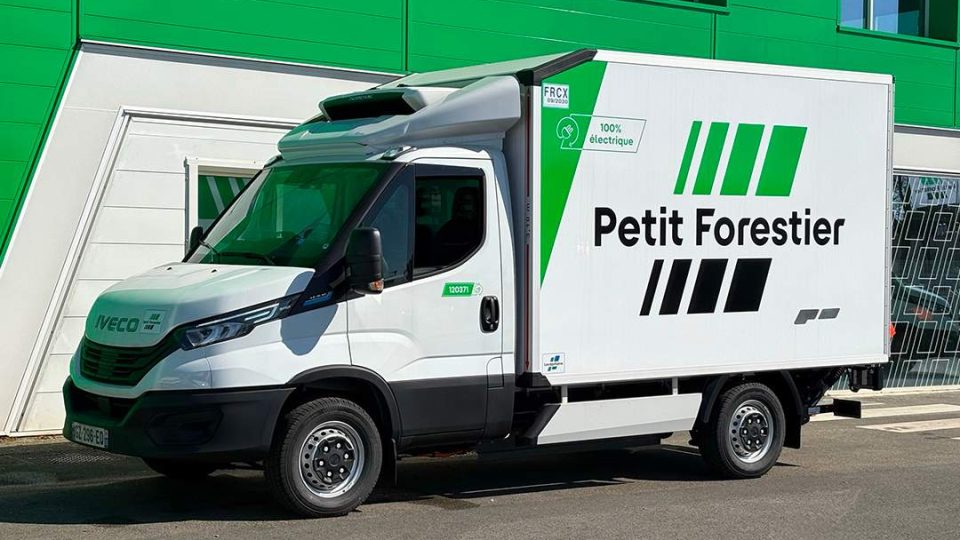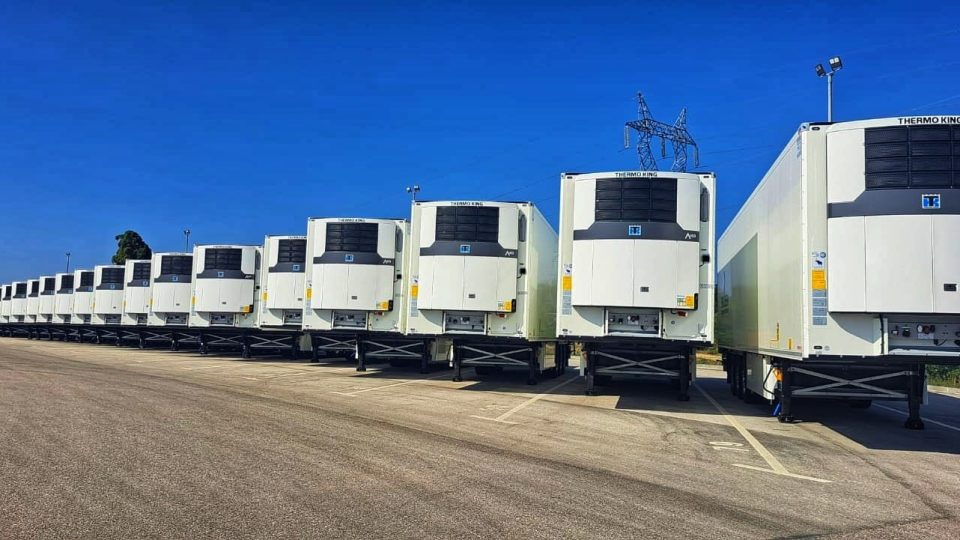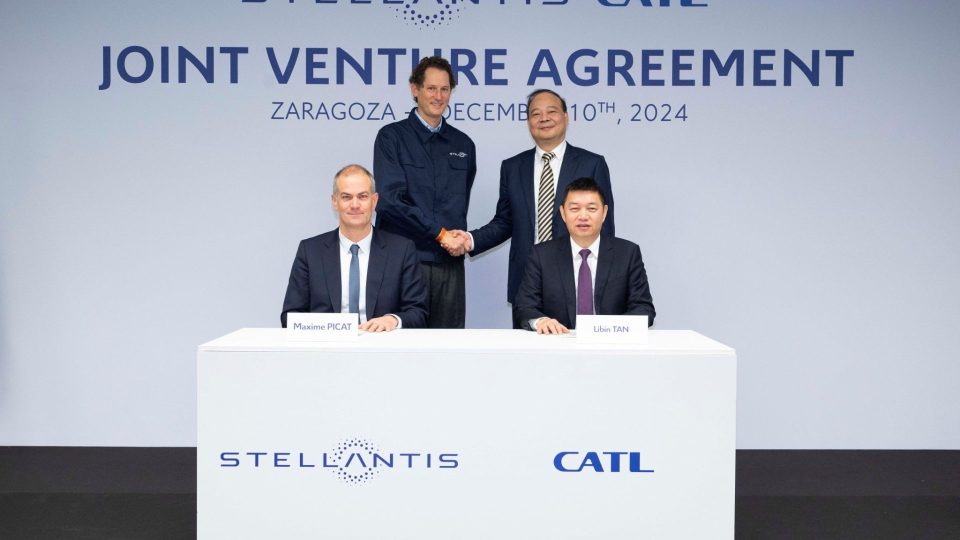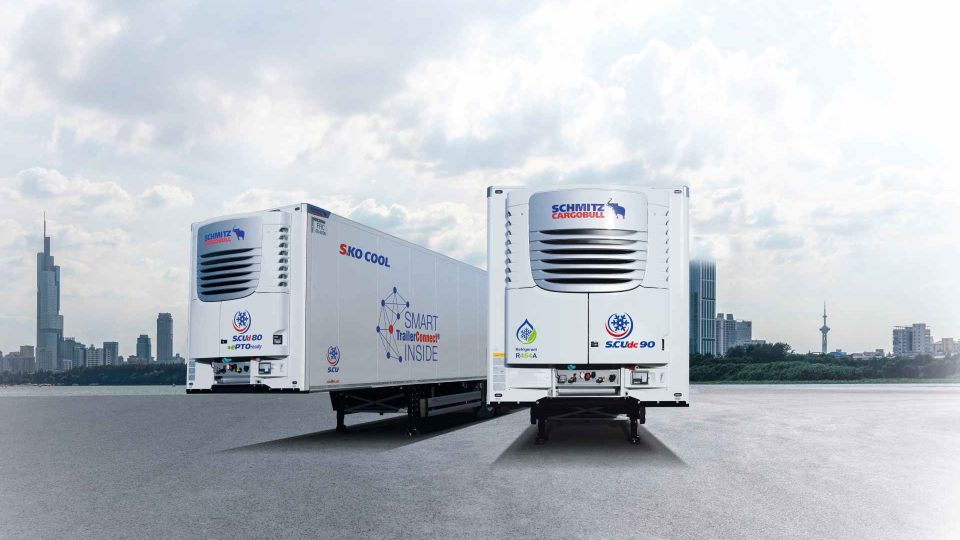Renault and Valeo to jointly develop efficient electric motor with no rare earths
The rare-earths-free rotor technology will be shrinking its carbon footprint by 30%. This third-generation motor will also help shorten battery charging times as the system will be built for 800 volts instead of 400 volts, the standard today. Renault and Valeo look at 2027 for mass production.
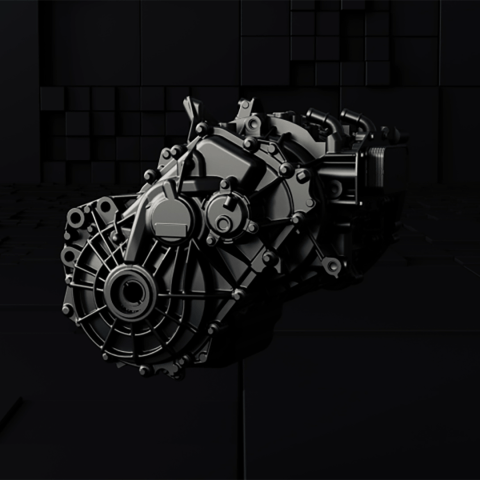
Renault Group and Valeo are combining their expertise to create a new electric motor generation. laying on a partnership started in 2021, the two partners aim to develop and manufacture a brand-new efficient electric motor that makes no use of rare earths. More into details, each partner pooled one key part (Renault Group the rotor, Valeo the stator) as well as their expertise in technology development and production.
The e-motor developed by Renault and Valeo: some key technical features
Technically speaking, the new E7A motor will apparently be 30% more compact for equivalent power than the current motors equipping the Megane E-Tech electric and the Scenic E-Tech electric. The rare-earths-free rotor technology will be shrinking its carbon footprint by 30%. By using a wound rotor instead of permanent magnets, Renault is improving the engine’s output, securing its supply chain and avoiding reliance on countries that produce rare earths and magnets.
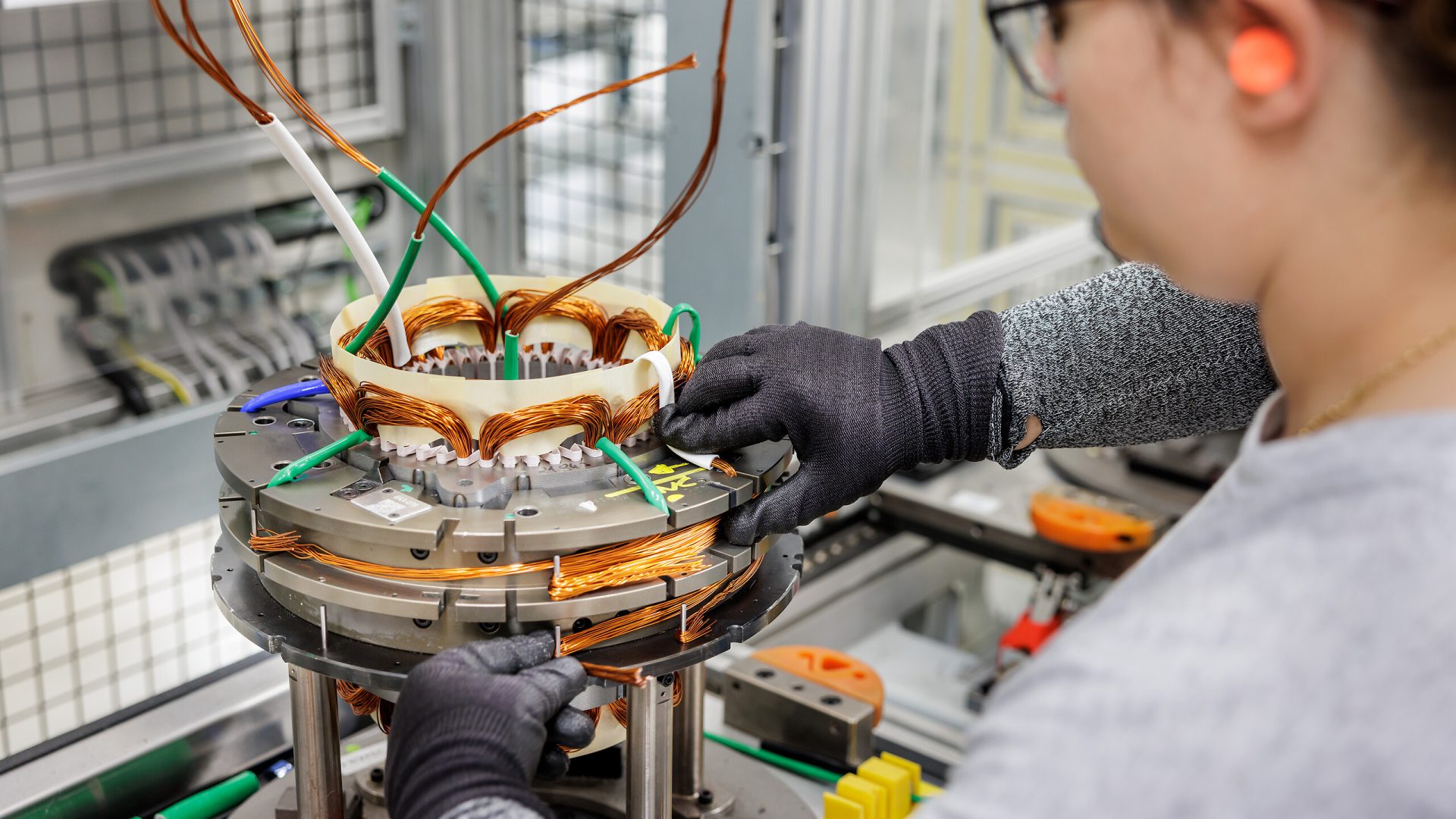
This third-generation motor will also help shorten battery charging times as the system will be built for 800 volts instead of 400 volts, the standard today. And the stator by Valeo will boost power and efficiency. The new E7A motor, as a result, will unleash up to 200 kW. At this stage, the engine is still under development. The mass production of this new-generation engine will start at Renault Group’s Cléon factory at the end of 2027.





